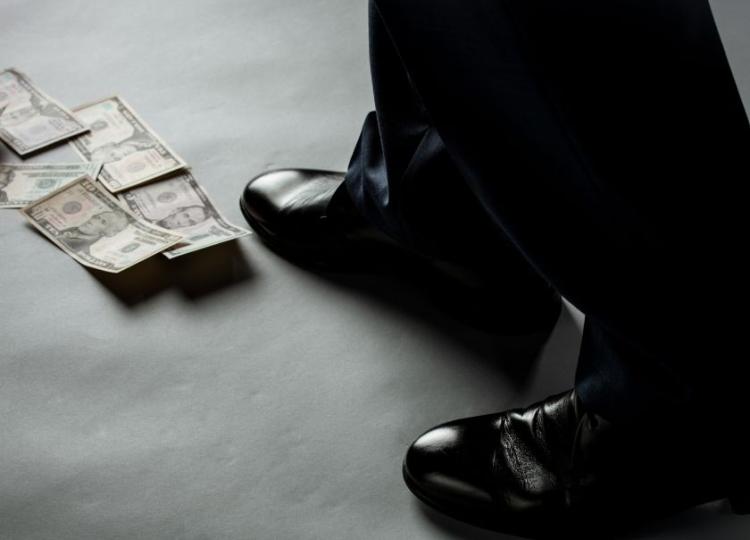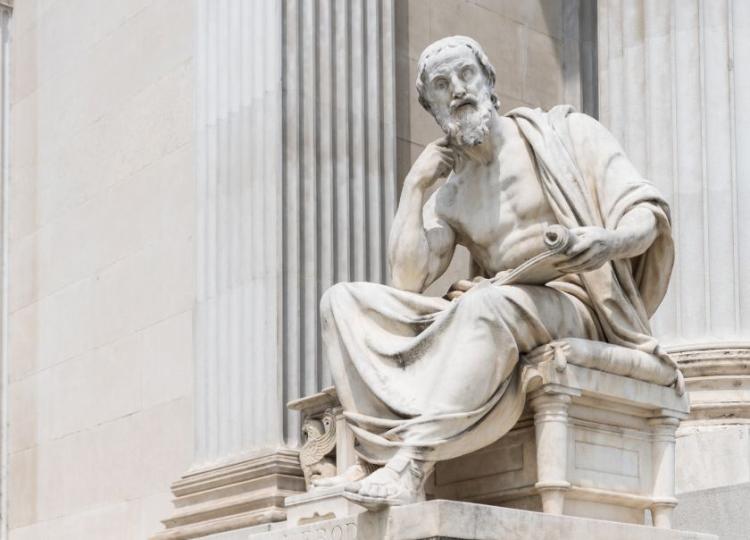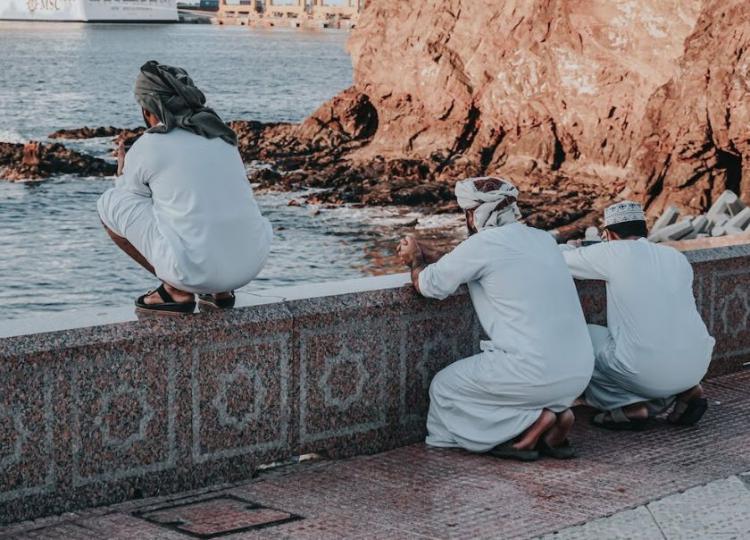Laws are meant to maintain order, but some are just plain bizarre. From prohibiting toga wear in public to fining drivers for running out of fuel, these strange regulations continue to puzzle us. In this article, we delve into the world of peculiar laws that have somehow survived the test of time. Prepare to be amused and bewildered by the unexpected legal oddities that still linger in various corners of the globe."

France
There is an interesting law that prohibits people from naming a pig "Napoleon." This peculiar legislation, believed to date back to the time of Emperor Napoleon Bonaparte, aims to safeguard the honor and dignity of the historical figure by preventing any association with pigs. While it may seem unusual, the law serves as a testament to the significance of Napoleon's legacy and the importance placed on preserving his name from being linked to an animal.

Singapore
An intriguing law prohibits the chewing of gum and the import of chewing gum for personal use. This legislation, implemented in the 1990s, was intended to address issues of gum litter and vandalism. While it may seem strict, the law has contributed to Singapore's reputation for cleanliness and orderliness, making it an interesting example of how a country's laws can shape its cultural norms and public behavior.

Swittzerland
In Switzerland, an unusual law prohibits flushing the toilet in an apartment building after 10 p.m. to prevent noise disturbance and ensure a peaceful environment for residents. This legislation reflects the country's respect for quietude and consideration for others.

Japan
In Japan, an intriguing law restricts dancing after midnight without obtaining special permission from the government. This peculiar regulation, rooted in historical and cultural reasons, aims to control late-night gatherings and preserve public order.

Denmark
In Denmark, a unique law mandates that starting a car requires checking for sleeping children underneath it. This law highlights the nation's emphasis on child safety and the importance placed on preventing accidents involving young children in traffic situations.

Austrailia
In Australia, a unique law dictates that only licensed electricians can change light bulbs. This regulation aims to ensure electrical safety and prevent accidents arising from improper handling of electrical fixtures.

Thailand
In Thailand, an intriguing law forbids stepping on money, as it bears the image of the revered King. This legislation is a symbol of respect and reverence towards the monarchy, reflecting the nation's deep cultural traditions and loyalty to the royal family.

Canada
In Canada, an interesting law prohibits paying for items over $5 solely with pennies. This legislation was enacted to streamline transactions and prevent disruptions in businesses, given the impracticality of handling large quantities of pennies.

Itlay
In Italy, an unusual law mandates obtaining a permit to build sandcastles on public beaches. The regulation aims to maintain beach aesthetics, control construction activities, and ensure the preservation of public spaces.

Greece
In Greece, a fascinating law bans wearing high heels at ancient monuments to protect the historic sites from damage. This law reflects the nation's commitment to preserving its rich cultural heritage and ensuring the conservation of ancient structures for future generations.

China
In China, there exists a law compelling adult children to visit their parents regularly, reflecting the country's strong emphasis on filial piety and family values.

Russia
In Russia, an interesting law makes it illegal to drive a dirty car, and driving a dusty vehicle can lead to fines. This legislation promotes cleanliness and maintains road safety standards.

United Arab Emerates
In the United Arab Emirates, a unique law prohibits swearing on social media or sending offensive messages online. This regulation is aimed at promoting respectful communication and maintaining a harmonious digital environment.

England
In England, a curious law deems it illegal to handle a salmon suspiciously. The origins of this law remain mysterious, adding an air of intrigue to an otherwise light-hearted regulation.

Sweden
In Sweden, an unusual law requires obtaining a government permit before repainting your house. This regulation is aimed at preserving architectural harmony and ensuring urban planning adherence.

South Korea
In South Korea, an intriguing law forbids taking pictures with a camera featuring a silent shutter in public places. This legislation seeks to protect privacy and prevent surreptitious photography.

Saudi Arabia
In Saudi Arabia, a controversial law prohibits women from driving cars. While there have been some recent changes to this law, driving remains a contentious issue in the country, highlighting ongoing debates about gender rights and societal norms.

Greece
In Greece, a rather intriguing law prohibits individuals from wearing a toga in public, except for actors portraying characters in a play. This unique legislation stems from the country's rich history and reverence for ancient Greek culture. By reserving the toga for theatrical performances, Greece seeks to preserve its cultural heritage and distinguish between daily attire and the representation of historical figures on stage.

India
In India, flying a kite without a permit is considered illegal under the law. This regulation is primarily enforced during kite-flying festivals and events to ensure the safety of participants and onlookers. Obtaining a permit for kite-flying helps authorities manage and control the activity, preventing overcrowding and potential accidents caused by uncontrolled kites.

Germany
In Germany, it is against the law to run out of fuel on the Autobahn, the country's extensive highway system. Additionally, stopping unnecessarily on the Autobahn can lead to fines. This law aims to maintain the smooth flow of traffic on these high-speed roads and reduce the risk of accidents due to stalled vehicles. It encourages drivers to be responsible and plan their fuel stops accordingly.

Malaysia
In Malaysia, a significant legal restriction prohibits Muslims from converting to other religions. This law is rooted in the country's constitutional recognition of Islam as the state religion and reflects the government's efforts to uphold and protect the nation's Islamic identity. While Malaysia acknowledges freedom of religion for non-Muslim citizens, this law emphasizes the country's commitment to preserving its religious and cultural cohesion.

New Zealand
In New Zealand, there is a law that prohibits parents from naming their child anything that might cause offense to a reasonable person. This regulation aims to promote sensitivity and respect in the naming process and prevent the use of names that could potentially cause ridicule or discomfort to the child later in life. By upholding this law, New Zealand emphasizes the importance of considering the well-being and dignity of the child in selecting their name.




